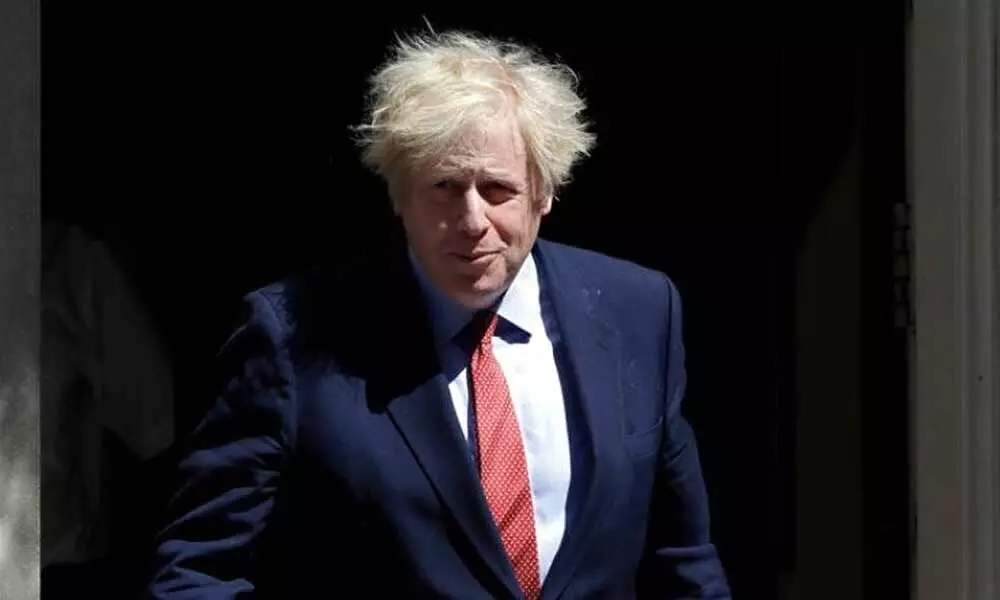Live
- ATMIS completes third phase of troops' drawdown in Somalia
- PM Kisan Samman Nidhi scheme bringing smile to Nalanda farmers
- German economy forecast to lag eurozone growth until 2026
- CM Shinde orders stern action against hoarding of onions amid rising prices
- Protest rallies in Manipur against 'mass killing of 10 village volunteers'
- Open Network for Digital Commerce: Tirupati corporation to promote SHG groups products online marketing
- 4th T20I: India elect to bat first in series decider vs South Africa
- The Telangana Woman Sushma Thodety Shines in the UMB Pageant's ‘Mrs. India’ Competition
- Suspect arrested after firing shots near Israeli consulate in Istanbul
- IPL 2025: Pant, Iyer, Rahul, Buttler, Shami among most-priced as 571 players set for mega auction









